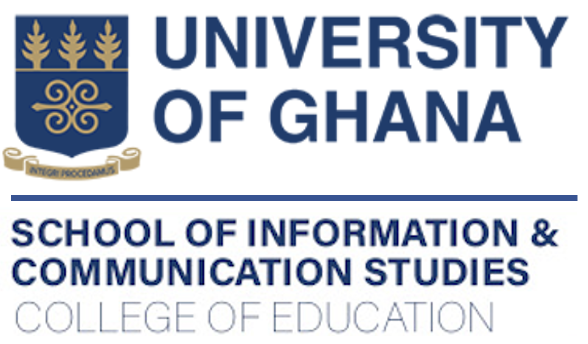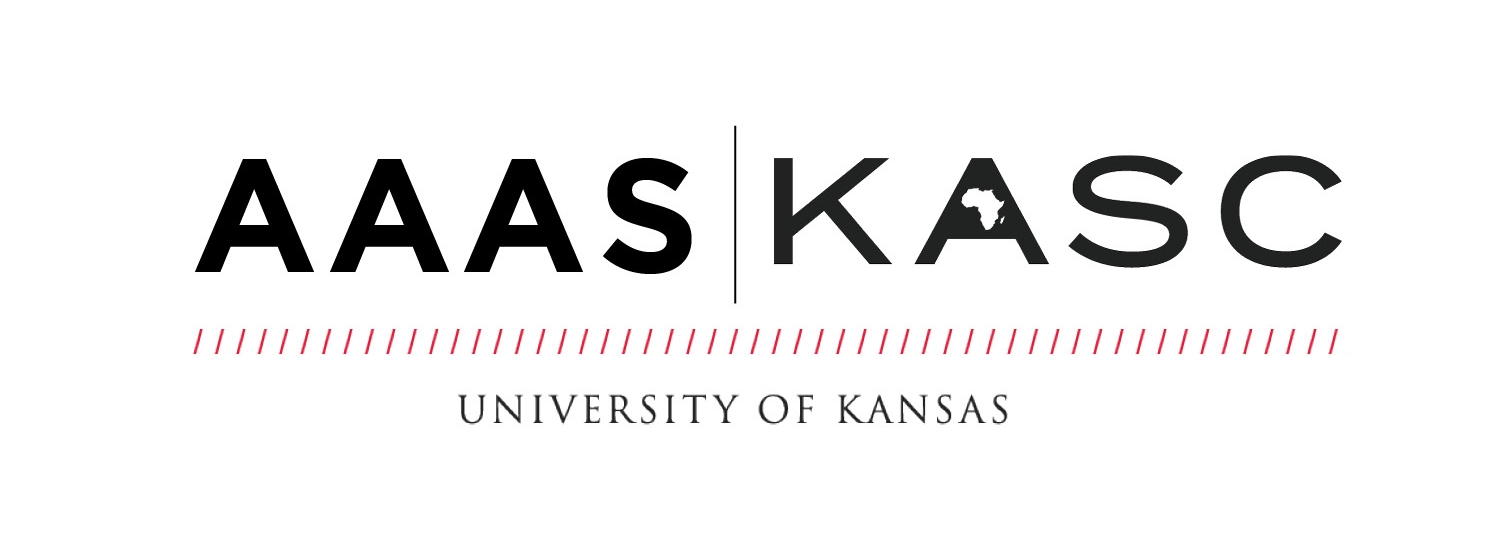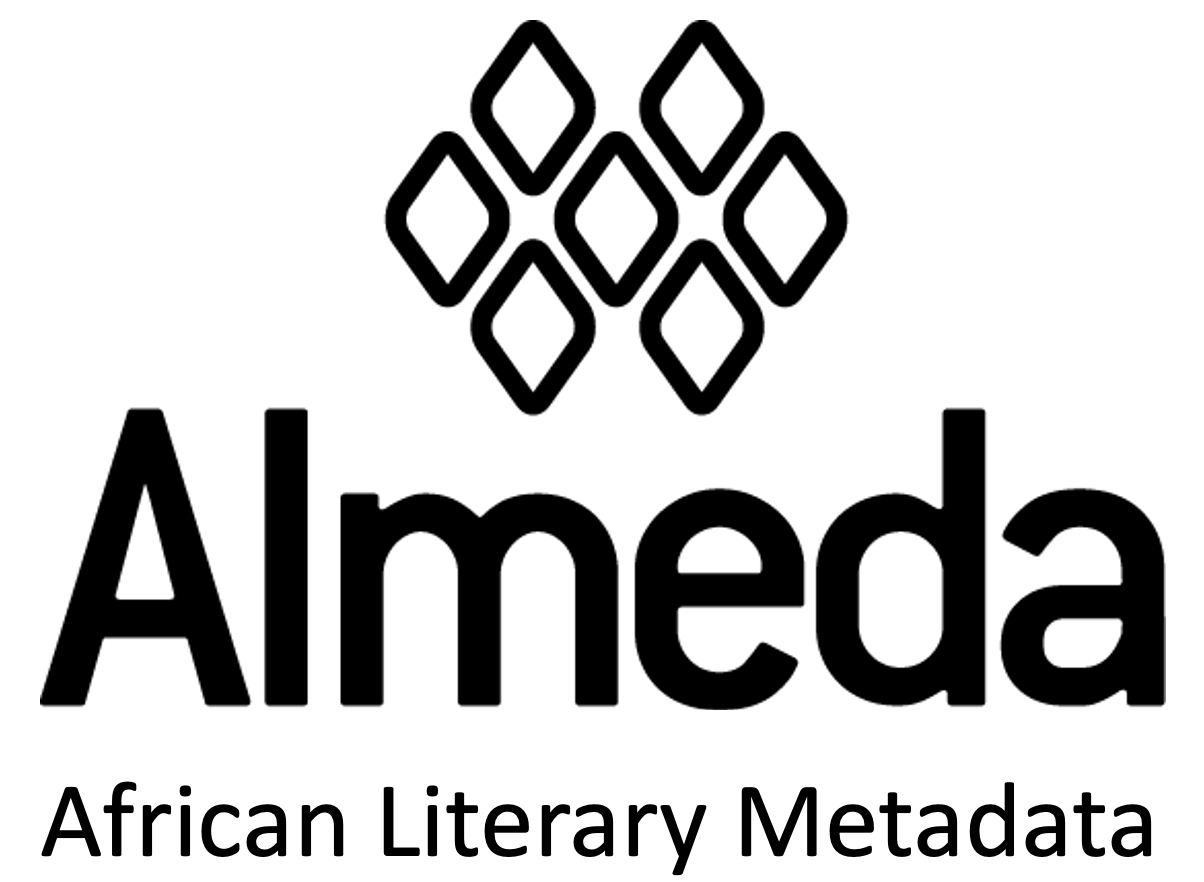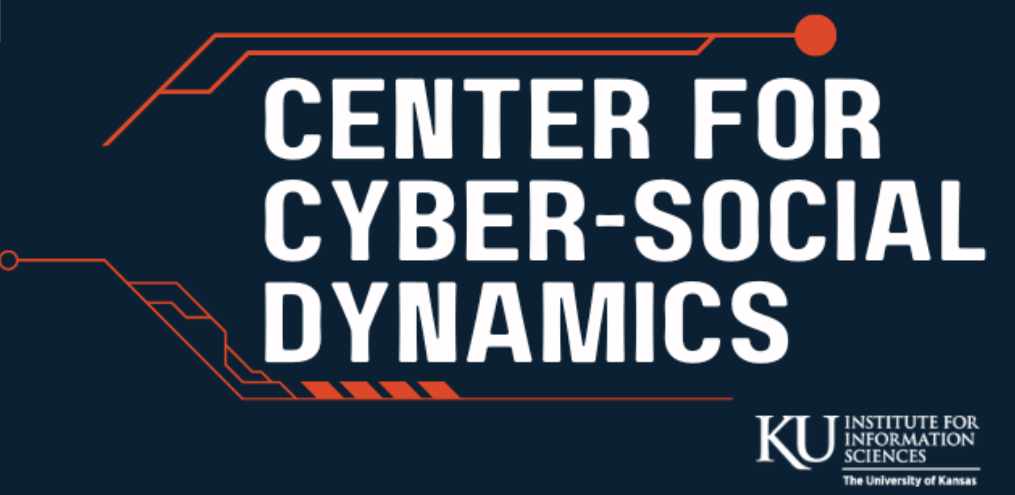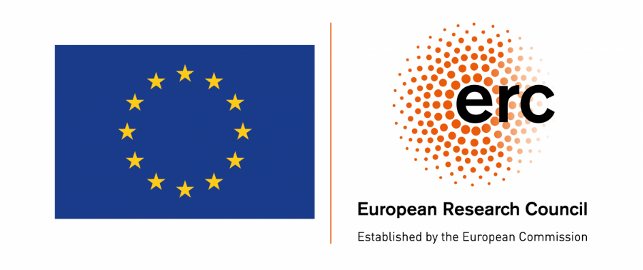2024 Symposium on African Digital Humanities:
Digital Humanities, African Stories, and Agency
February 15-16, 2024
8:30AM - 5:00PM GMT
Balme Library
The University of Ghana–Legon
and online
Post-Symposium Report
Presentation Slides
YouTube Livestream: Day 1 / Thursday
YouTube Livestream: Day 2 / Friday
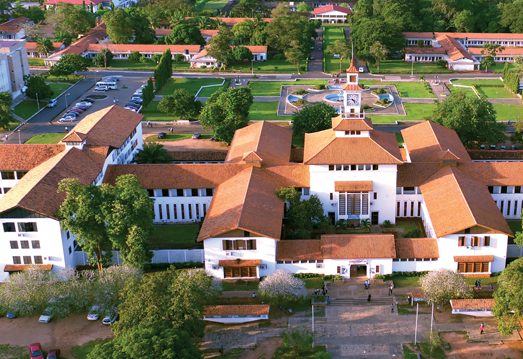
About
Building upon the success of the previous three symposiums held online, this year’s event marks an exciting transition to a hybrid format, combining both in-person and virtual participation. The symposium will take place at the scenic University of Ghana campus in Accra, inviting attendees to engage in enriching discussions, panels, and workshops, on the 15th and 16th of February 2024. The symposium particularly welcomes graduate students and early-career faculty interested in digital humanities, and will provide stipends for graduate students in the region to attend.
The 2024 symposium seeks to stimulate a dialogue that addresses the intersections of the digital humanities and African stories and agency. We will explore digital storytelling and its connections to African narratives, the extractive politics of platform, AI and African agency, as well as diverse approaches and issues related to building an inclusive digital cultural record for local and global communities.
Attuned to postcolonial and African theoretical perspectives concerning digital media approaches, the symposium program remains alert to the limits of digital platforms, the politics of representation and knowledge production, and questions about the nature and uses of digital archives. Topics addressed at the symposium may include, but are not limited to, digital tools and platforms, digital archives, computational humanities and natural language processing, and digital humanities education and infrastructure.
Hybrid Format. By transitioning to a hybrid format, the symposium enriches the participatory experience. Scholars in the region and other in-person attendees will have the opportunity to engage in face-to-face conversations and workshops, while networking with fellow scholars against the backdrop of the University of Ghana’s vibrant campus in Accra. For those unable to attend in person, the symposium will continue to offer virtual participation, ensuring that global audiences can partake in the dialogue.
Thursday, February 15
Thursday Overview
Morning, 8:30AM - 11:30AM: Workshops (in-person only)
Afternoon 12:30PM - 5:00PM: Panels and Presentations (in-person and on Zoom)
8:00AM | Sign-in
8:30AM - 9:30AM | Workshops
Note: Workshops are for in-person attendees and will not be streamed
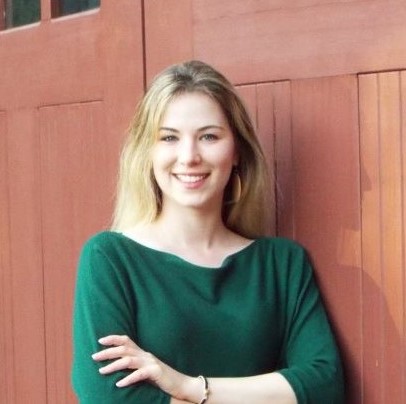 Introduction to Digital Mapping
Introduction to Digital Mapping
Randa El Khatib, Implementing New Knowledge Environments (INKE)
In this workshop, participants will learn key geospatial concepts and terminology, as well as practice the basic steps involved in building a geospatial project, including how to extract geodata from a text, how to organize and enrich spatial data, and how to visualize that data on a variety of user-friendly, open-access mapping platforms. We will also explore what types of research questions can be asked and answered using mapping technologies. This session is intended for beginners.
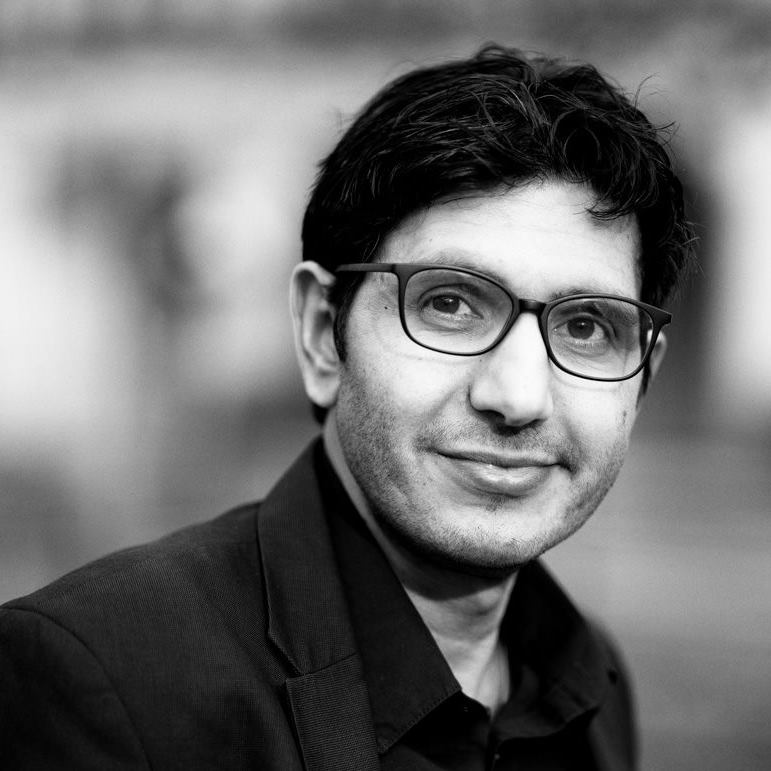 Minimal Computing for Digital Collections
Minimal Computing for Digital Collections
Alex Gil, Yale University
Dr. Alex Gil will introduce the ideas and practice of Minimal Computing in Digital Humanities. Around the world, scholars research and teach the study of history and culture in many different environments, supported by various forms of infrastructure. In some places, for example, scholars do not have around-the-clock access to electricity or the internet, in others they must operate carefully under state censorship. Given this situation, how do we design digital humanities research projects that are aware of local circumstances? This is the main question that Minimal Computing asks of us. We call it Minimal Computing because the answer almost always involves a reduction in computation and knowing a little bit of computing. In this workshop you will be introduced to the history of Minimal Computing in DH, and look at some prototypes. You will also learn some basics of computation and web engineering.
9:30AM - 9:45AM | Break
9:45AM - 11:30AM | Workshop
Note: Workshops are for in-person attendees and will not be streamed
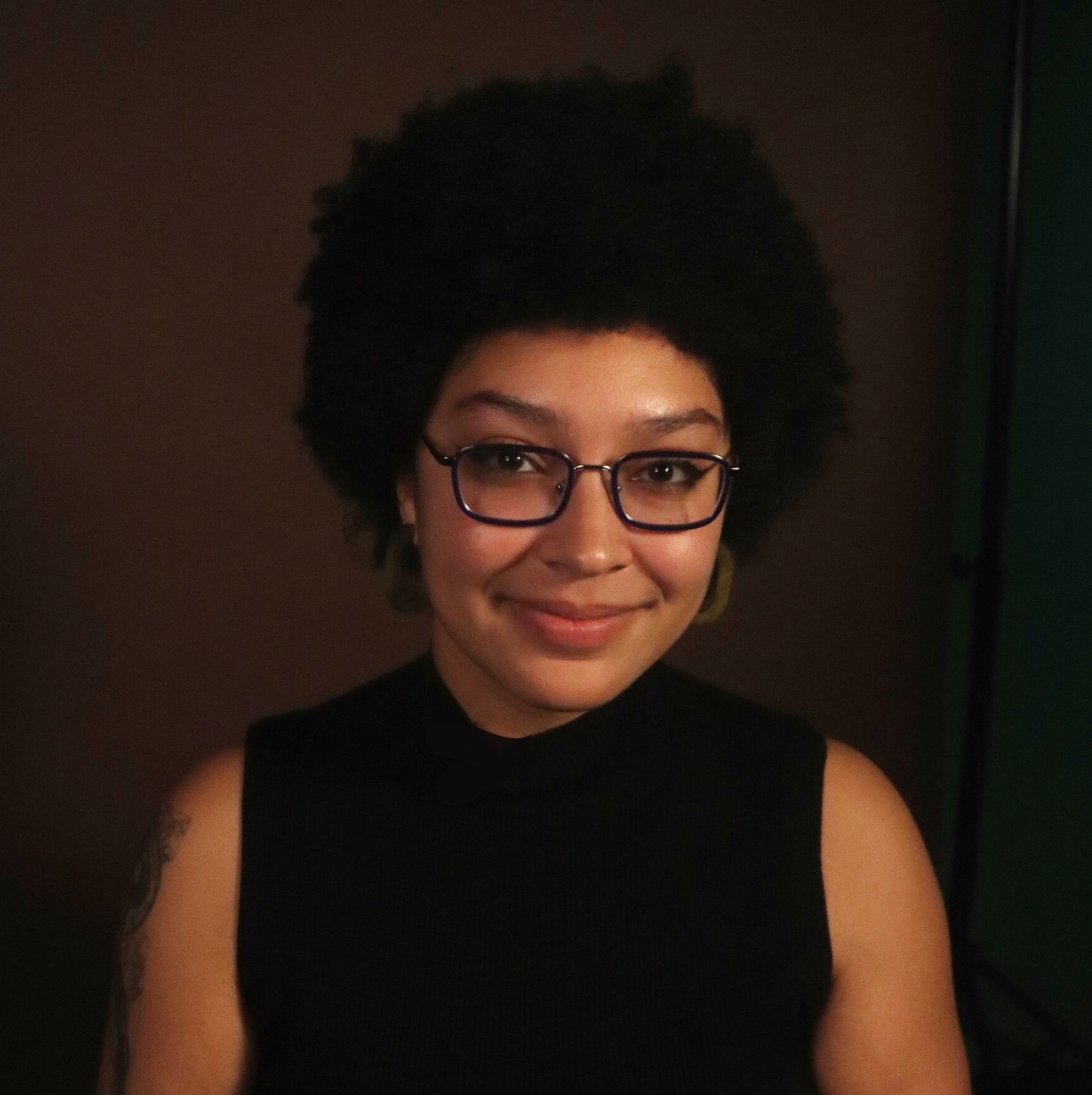 Skills For Culture: A Methodology for Community-Oriented Digital Cultural Heritage Projects
Skills For Culture: A Methodology for Community-Oriented Digital Cultural Heritage Projects
Malkia Okech, Digital Advisor for African Digital Heritage
This asset mapping workshop aims to provide participants with tools to identify and quantify cultural assets within their communities for preservation projects– whether they work in institutional or community-based cultural heritage projects. The workshop provides participants with considerations for preserving and digitizing cultural heritage in a community-oriented manner, ensuring that efforts remain relevant and accessible amidst changing technology.
11:30AM - 12:30PM | Lunch
12:30PM | Welcome
- Welcome remarks by Akosua Darkwah & Kwabena Opoku-Agyemang (University of Ghana), and Glenn Adams & Brian Rosenblum (University of Kansas)
12:45PM - 1:45PM | Panel 1: Digital Collections
Moderated by Akosua Darkwah (University of Ghana)
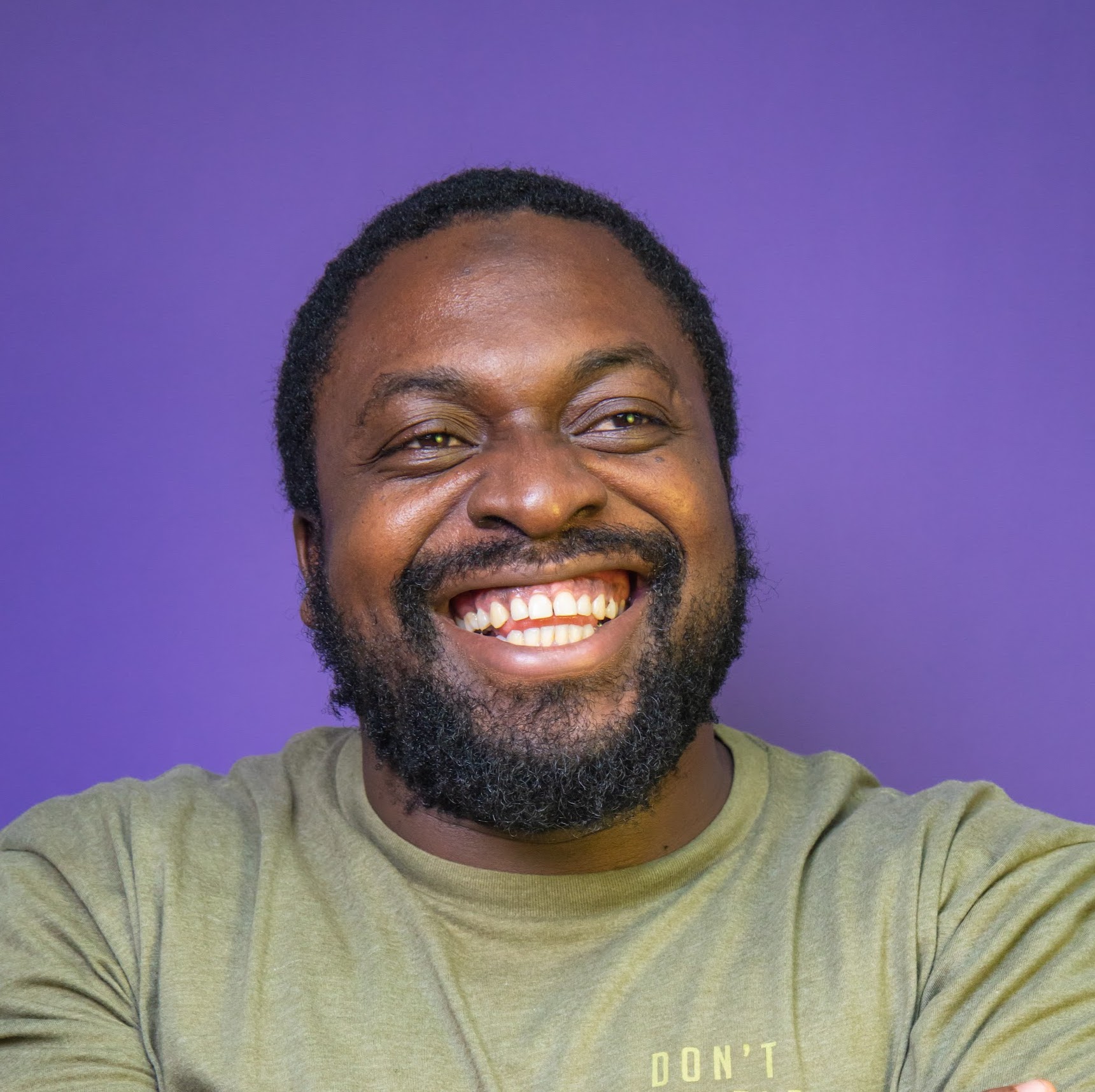 Fu’ad Lawal
Fu’ad Lawal
Founder and Project Lead, Archivi.ng
We’re On The Brink Of An Irreparable Loss: Digitizing Nigeria’s Historical Newspapers
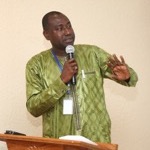 Siaka Fadera
Siaka Fadera
Assistant Director, Research and Documentation Division, National Centre for Arts and Culture, The Gambia
Digitization of the NCA/RDD Oral Archive of The Gambia: Experiences, Challenges, Outlook
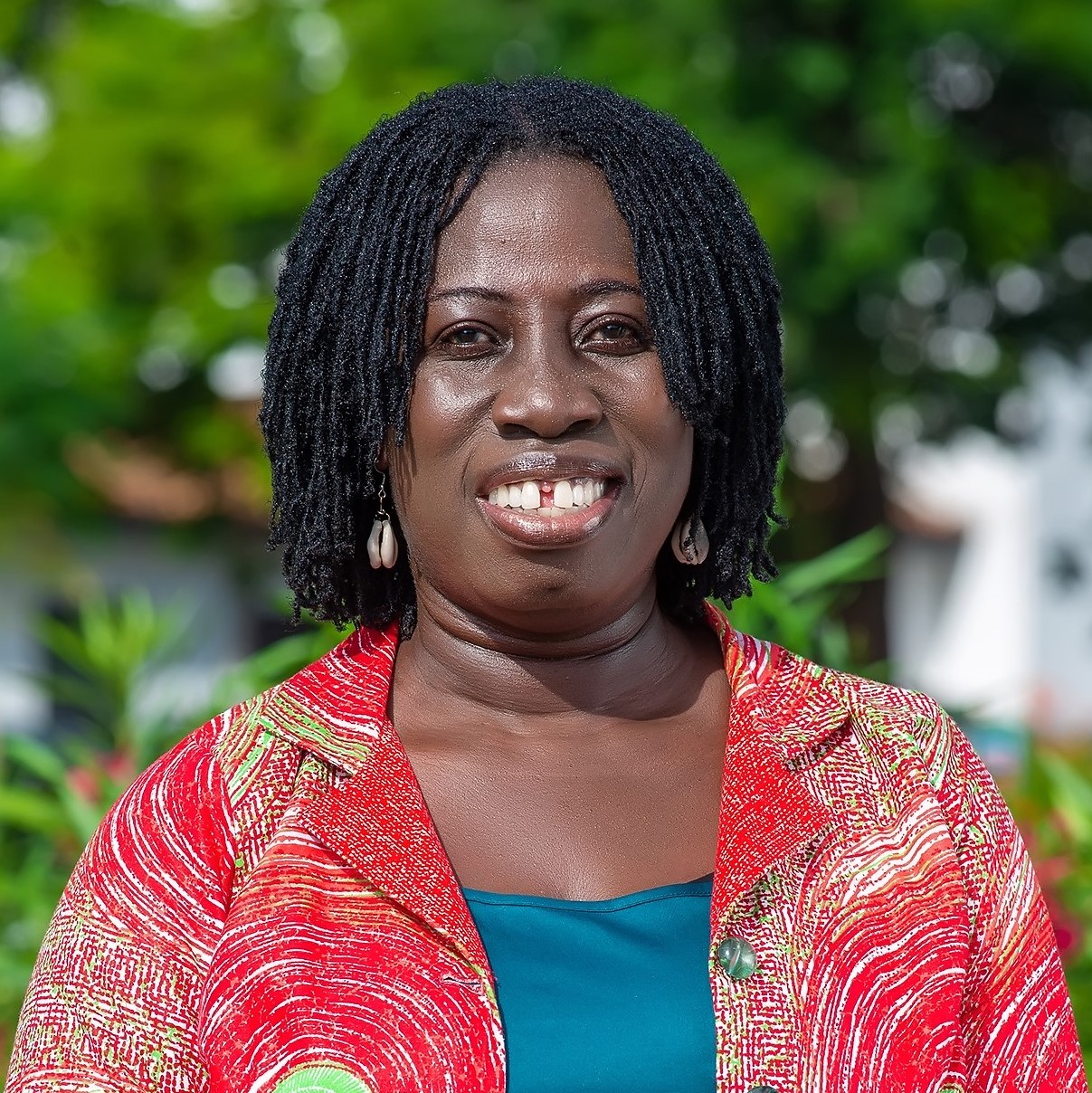 Judith Opoku-Boateng
Judith Opoku-Boateng
Senior Archivist, Institute of African Studies, University of Ghana
Reimagining Scholarship: Bridging the Gap Between Archives and DH Research
1:45PM - 2:30PM | Featured Speaker 1
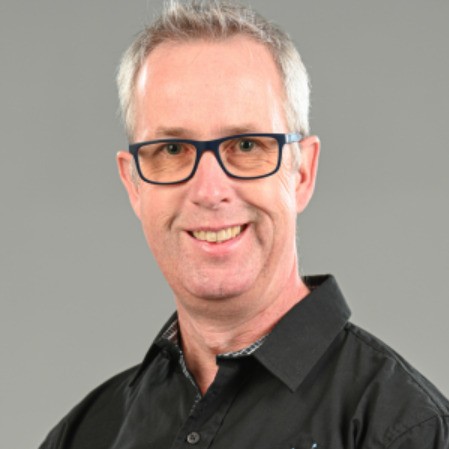 Menno van Zaanen
Menno van Zaanen
Professor of Digital Humanities, South African Centre for Digital Language Resources (SADiLaR), South Africa
Building a Digital Humanities community of
practice, the case of Escalator
2:30PM - 2:45PM | Break
2:45PM - 3:45PM | Panel 2: Languages
Moderated by Kwabena Opoku-Abyemang (University of Ghana)
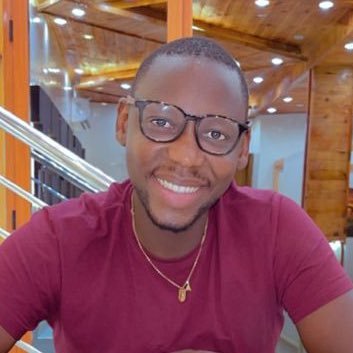 Augustin Ndione
Augustin Ndione
Director, Centre de Linguistique Appliquée de Dakar (CLAD), Université Cheikh Anta Diop de Dakar (UCAD), Senegal
Digitizing a didactic method for applications in local language teaching
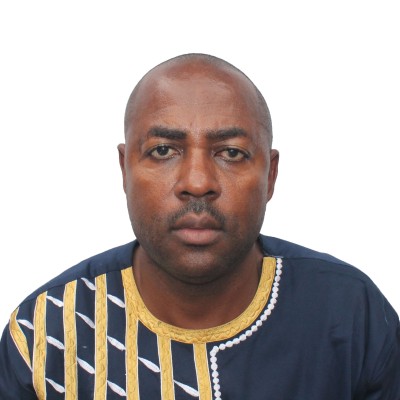 Emmanuel Ngue Um
Emmanuel Ngue Um
Associate Professor of Linguistics and Digital Humanities, Higher Teacher Training College, University of Yaoundé 1, Cameroon
Language as Software : A Digital Humanities Perspective to Revealing the Rhizome of African Language Spaces.
 Alex Gil
Alex Gil
Senior Lecturer II & Associate Research Faculty of Digital Humanities, Department of Spanish & Portuguese, Yale University
Mother Tongue DH: Reflections on the Computational Limits of Any Language
3 :45PM - 4:45PM | Panel 3: Digital Culture
Moderated by Patience E. Dzandza Ocloo (University of Ghana)
 Ashleigh Harris
Ashleigh Harris
Professor of English, Uppsala University, Sweden
Director ALMEDA: African Literary Metadata Project
Linked Open Metadata for African Literary Heritage
 Karen Ijumba
Karen Ijumba
Senior Researcher, Open Restitution Africa
Poetry Africa Digital Map: An example of how selective and curated digitisation of ephemeral material in collections can enable new pathways of knowledge production
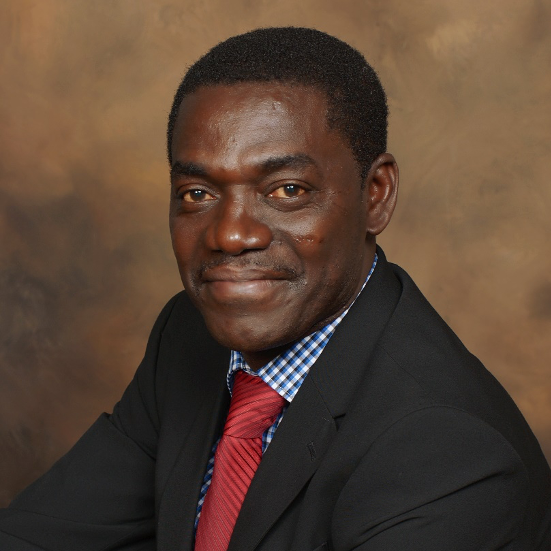 Kodjo Atiso
Kodjo Atiso
Librarian for Africana and International Studies, University of Kansas
Towards the preservation of flora and fauna: digitization of pre-independence herbarium in Ghana
4:45PM - 5:00PM | Day 1 Wrap Up
Friday, February 16
Friday Overview
Morning, 9:00AM - NOON: Workshops (in-person only)
Afternoon 1:00PM - 5:00PM: Panels and Presentations (in-person and on Zoom)
8:30AM | Sign-in
9:00AM - 12:00 NOON | Workshop
Note: Workshops are for in-person attendees and will not be streamed
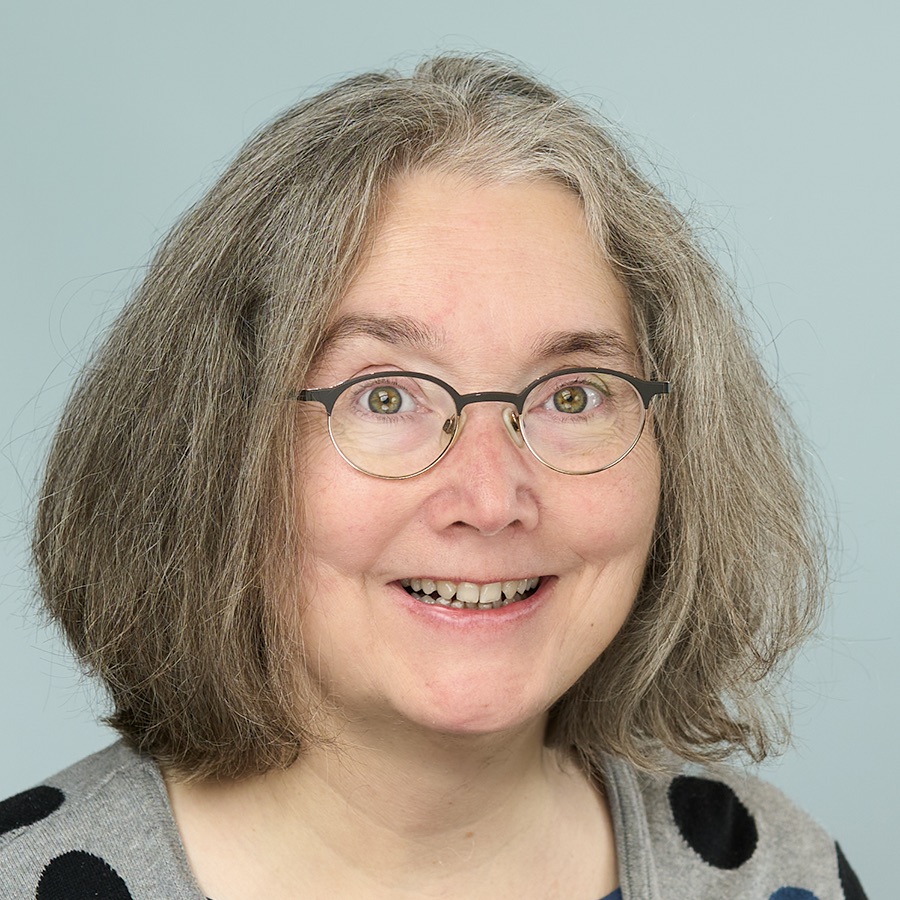

Wikidata Solutions for Informal Literary Archives
Ursula Oberst and Ashleigh Harris, ALMEDA: African Literary Metadata Project
This workshop will focus on data modeling in Wikidata of different kinds of African literary materials. We will discuss a range of different examples from unrecorded oral forms to self-published works online or in print, from street theatre to web 2.0 literature. The workshop will also consider the challenges of multilingual modeling.
12:00 NOON - 1:00PM | Lunch
1:00PM - 1:15PM | **Welcome from Sponsors
Carol Smith, Dean, University of Kansas Libraries; Shawn Alexander, Chair, Department of African and African American Studies; Ayesha Hardison, Project on the History of Black Writing.
1:15PM - 2:00PM | Featured Speaker 2
 Randa El Khatib
Randa El Khatib
Postdoctoral Fellow in Open Social Scholarship, INKE & Co-director of the Digital Humanities Summer Institute
Building Bridges: The Journey of Digital Humanities Institute Beirut
2:00PM - 3:00PM | Panel 4: Artificial Intelligence
Moderated by Akosua Darkwah (University of Ghana)
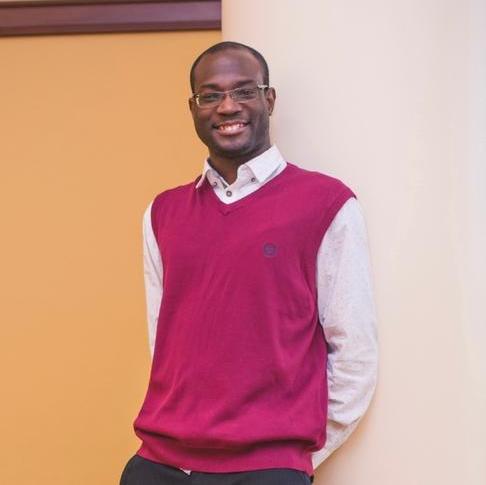 Kwabena Opoku-Agyemang
Kwabena Opoku-Agyemang
Senior Lecturer, Department of English, University of Ghana
Gibberish and Structure: ChatGPT and the Curious Case of African Literary Criticism
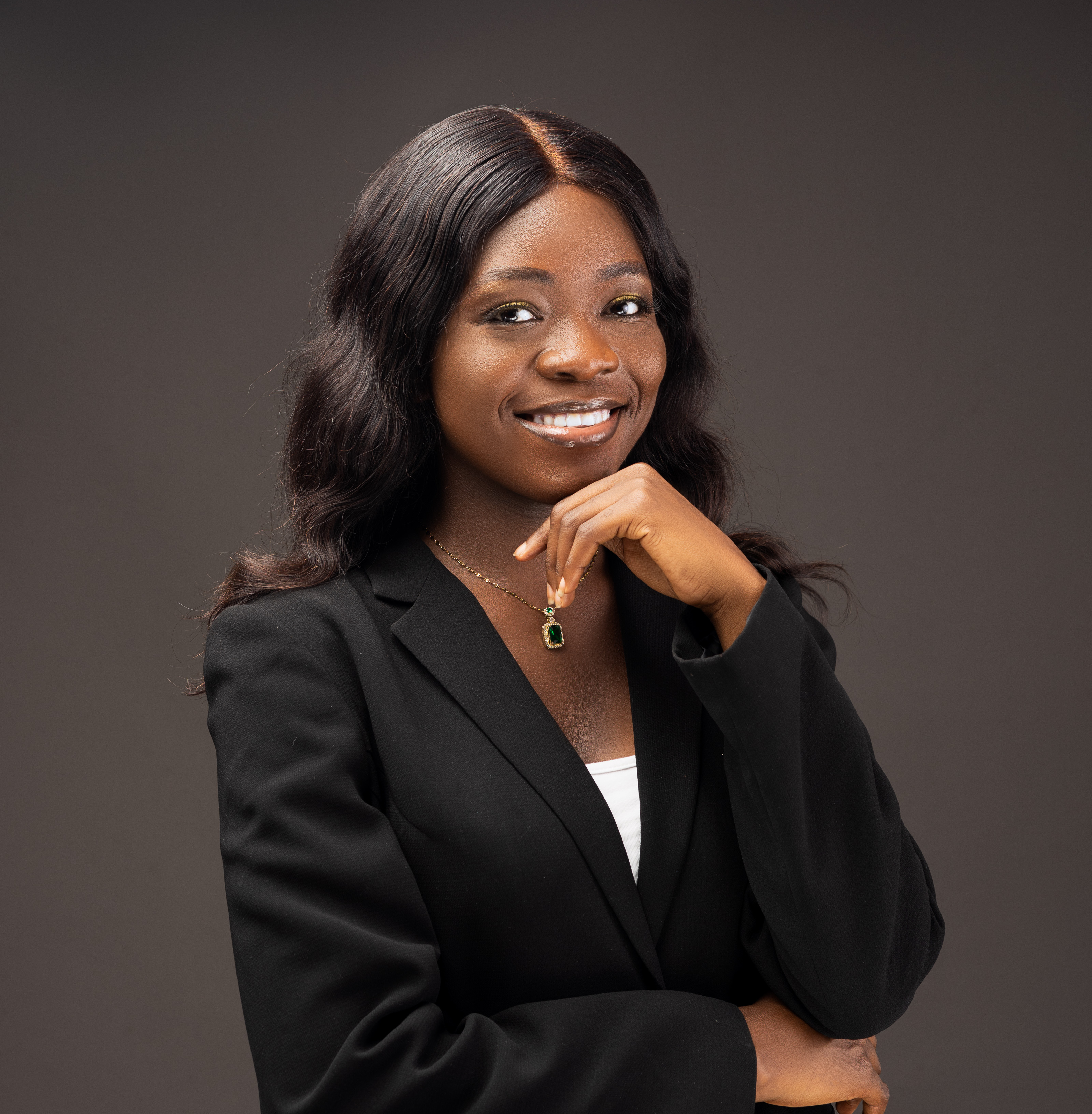 Oluwaseun Sanwoolu
Oluwaseun Sanwoolu
PhD Student, Department of Philosophy, University of Kansas
Close personal relationships with AI
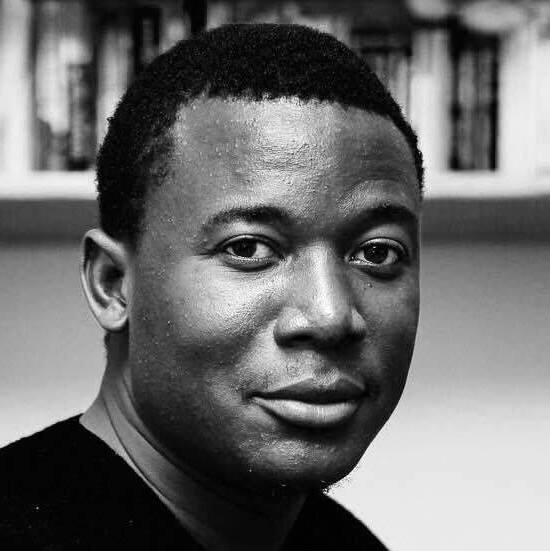 Kọ́lá Túbọ̀sún
Kọ́lá Túbọ̀sún
Founder, Yoruba Name Project
Digitization in Lexicography: AI and the Future of African Languages and Oratures
3:00PM - 3:15PM | Break
3:15PM - 4:30PM | Panel 5 & Discussion: Infrastructure, Libraries, DH Centers
Moderated by Kodjo Atiso (University of Kansas)
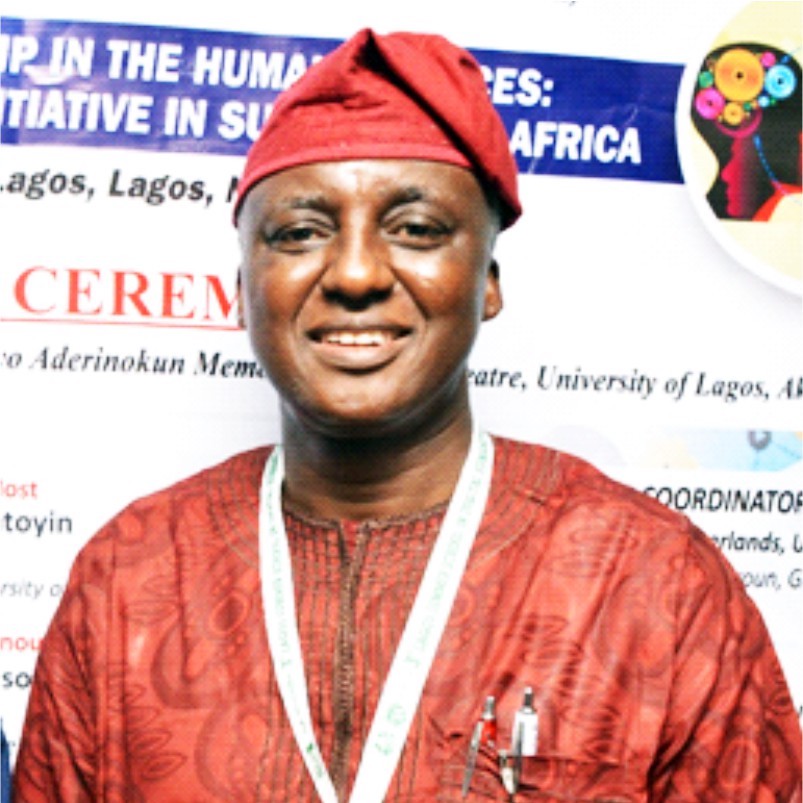 Tunde Ope-Davies
Tunde Ope-Davies
Chair & Principal Investigator, Center for Digital Humanities, University of Lagos (CEDHUL)
Digital Humanities as Platform for Redefining and Retooling the Human Sciences: A Case Study
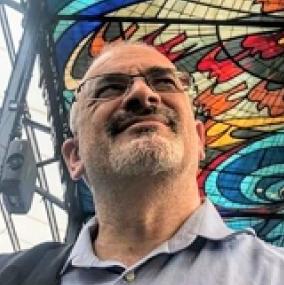 Brian Rosenblum
Brian Rosenblum
Co-Director, Institute for Digital Research in the Humanities, University of Kansas
Building a Digital Humanities Community at a Public Research University
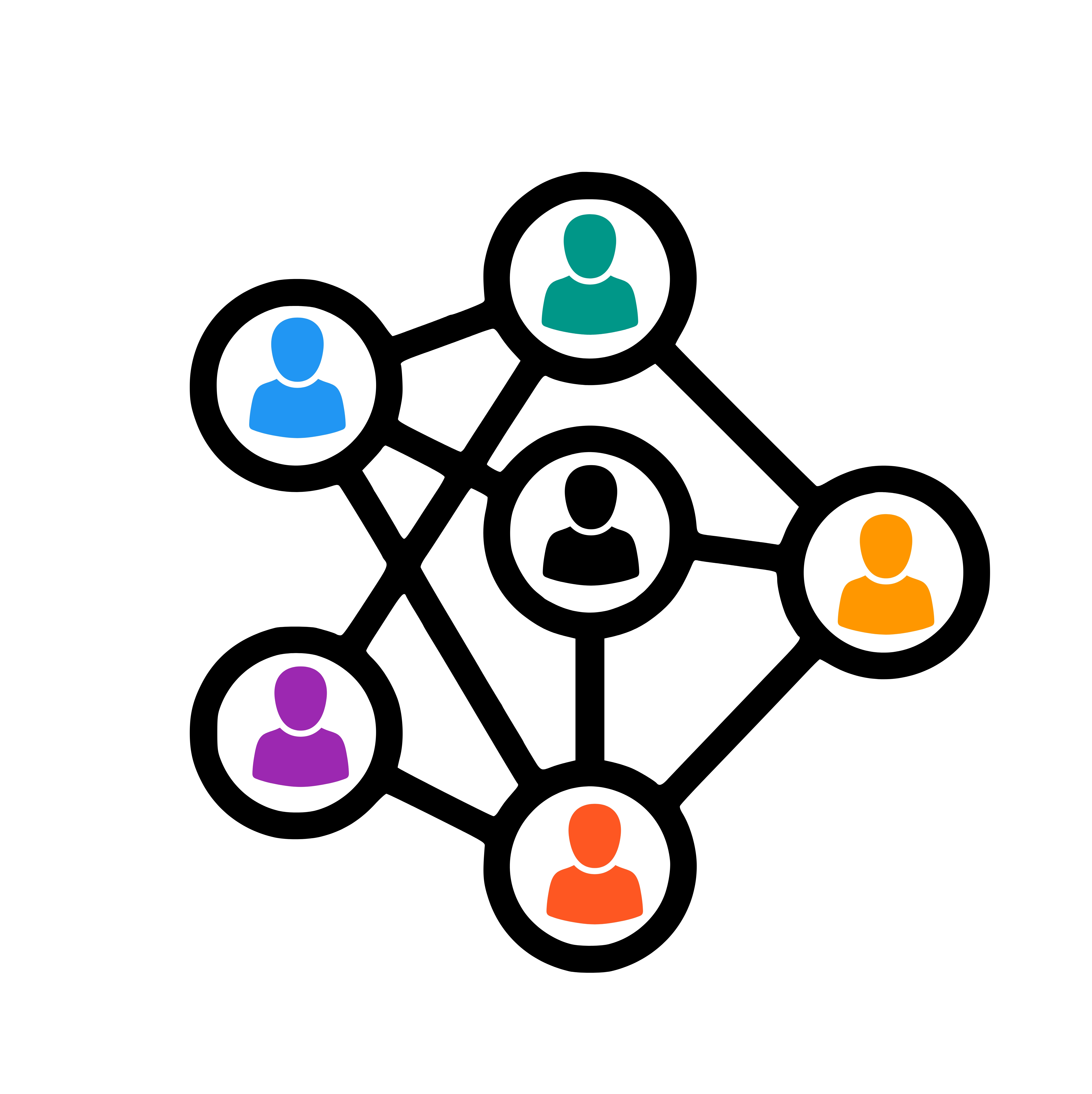 Discussion featuring Tunde Ope-Davies, Menno van Zaanen, Randa El Khatib, Brian Rosenblum, Karen Ijumba, Alex Gil
Discussion featuring Tunde Ope-Davies, Menno van Zaanen, Randa El Khatib, Brian Rosenblum, Karen Ijumba, Alex Gil
4:30 PM - 5:00PM | Closing Discussion: Next Steps
 Closing discussion about opportunities and next steps for advancing DH in Ghana and the region.
Closing discussion about opportunities and next steps for advancing DH in Ghana and the region.
Sponsors & Organizers
Organizers
Akosua Darkwah, University of Ghana
Patience E. Dzandza Ocloo, University of Ghana
Kwabena Opoku-Agyemang, University of Ghana
Brian Rosenblum, University of Kansas
James Yeku, University of Kansas


